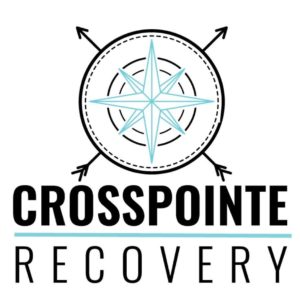Everyday life can be physically, emotionally, and spiritually challenging. For those struggling with substance abuse or addiction, these everyday stressors can often lead to thoughts of using alcohol or drugs as a coping mechanism. Therefore, relapse prevention is the primary focus for individuals recovering from addiction. During treatment, many relapse prevention tools are introduced and practiced, so when recovering addict returns home, they have a wide variety of practical, positive coping skills they can use.
Defining Breathwork Therapy – What is it?
Breathwork therapy is a powerful holistic-based practice where people learn to focus on controlled and conscious breathing techniques. It is often used in conjunction with other relaxation techniques such as yoga. Combined, these techniques help to calm the mind and reduce anxiety levels, which are common in individuals who are in the early stages of recovery. Not a surprise that breathwork therapy has quickly become an essential element of many addiction treatment programs.

How is Breathwork Therapy Used?
The main objective of breathwork therapy in addiction treatment is to help clients become more aware of the mind-body connection. The breathing techniques learned as part of this practice allow clients to increase their focus on what they are feeling at the moment and open the door to thinking about how the events and traumas of their past have shaped the progression of their addiction. So, in order to have a clear understanding of how breathwork therapy helps in addiction treatment, it is essential to:
- understand how breathwork therapy works
- set the goals of breathwork sessions
- work towards new and healthier levels of self-awareness
Breathwork therapy is a meditative practice through which participants learn specific techniques to consciously alter their normal breathing patterns. Through these changes in breathing, physical, mental and spiritual health are improved.
History of Breathwork Therapy
Breathwork therapy is not well known as other therapeutic modalities. Although, the practice of breathwork has been around since the 1960s. When used as part of addiction treatment, breathwork therapy can be used in both group and individual settings. In an addiction treatment setting, clients will be guided through a series of breathing exercises by an experienced breathwork therapist.
The changes in breathing patterns brought about by these techniques are thought to help calm, center, and focus the mind. This form of breath control has been used in many medical and spiritual practices for thousands of years.
Eastern medicinal practitioners have long believed that changing the rate and flow of respirations can bring about profound alterations in spiritual awareness, cognition, consciousness, and self-identity.
Breathwork therapy at Crosspointe Recovery
Breathwork therapy can help lead those struggling with addiction to a more profound sense of inner connection, emotional empowerment, and overall harmony between the body and mind. Much like yoga therapy and other holistic therapies, there are three main goals to breathwork therapy when used to complement an addiction treatment program.
If you or a loved one are considering treatment for substance abuse or addiction and are unsure of where to turn, look no further than Crosspointe Recovery. There are many addiction treatment facilities offering an overwhelming selection of treatment options. For addiction treatment that is proven successful, it must be individually tailored to meet your specific needs and goals. If you have questions about alternative and holistic therapies or wonder how Crosspoint Recovery can help give you the tools and support you need to achieve and maintain recovery, don’t wait another day. Contact Crosspoint Recovery today. If you need FREE help please contact the National Helpline about mental and/or substance use disorders, prevention, treatment, and recovery in English and Spanish.













